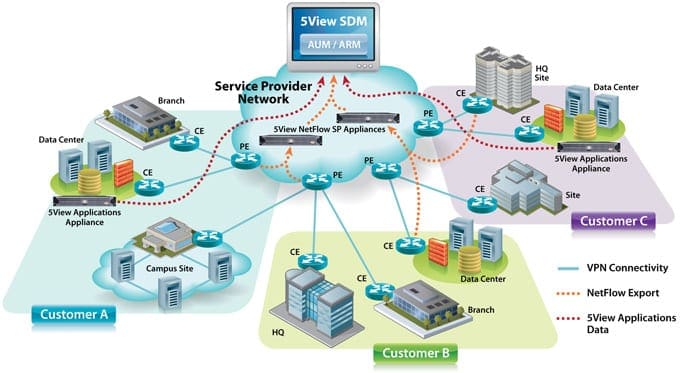The rapid proliferation and adaptation of information technology (IT) have ushered in the Information Age. Unprecedented advances in computing, networking, and related technologies are enabling information to be generated in ever-greater quantities and transmitted globally with ever-greater speed. These technologies greatly reduce the limitations that time and space have traditionally imposed on human activities (Lee & Whitley, 2002). Alberts, Papp, and Kemp (2002) predict that continued IT improvements will have lasting impact on information and communication flows, manifested in increased speed, greater capacity, enhanced flexibility, greater access, more types of messages and heightened demand.
Application Performance Management and IT
Although IT has penetrated all levels of society, large-scale implementation and regular demands for technological innovations are most evident at the organizational level. Organizations have long recognized information as a strategic asset (de Heer, 1998) and invested in IT in pursuit of effective information management (Owens, Wilson, & Abell, 1995). Information provides the raw material that organizations can sieve through to extract actionable knowledge. Knowledge management is a growing concern within organizations that seek to maximize the usefulness of intellectual capital and information resources. Hence, a major task of knowledge management is the building and enhancement of organizational knowledge infrastructure. The knowledge management concepts of connect and collect call for the integration of two processes in the design and implementation of any systems to capture organizational knowledge (Weidner, 2002). Connect focuses on promoting “communities of practice” or the collaboration of potential knowledge contributors; collect, on the other hand, refers to the creation and enrichment of knowledge repositories that can be readily accessible to address organizational needs.
It is perhaps no surprise that IT plays an integral part in the management of organizational knowledge, considering the amounts of information available and expected and the need to minimize information delays. There is a variety of IT tools, from simple databases to elaborate IT systems, to support the development of organizational knowledge bases. For large and complex organizations, online systems offer the convenience of single point access via the Internet, which has the added benefits of allowing virtual collaboration and real time information-sharing unimpeded by distance and location. By consolidating knowledge and making it readily available, such applications have enormous potential in enhancing organizational communication, transparency, and planning.
